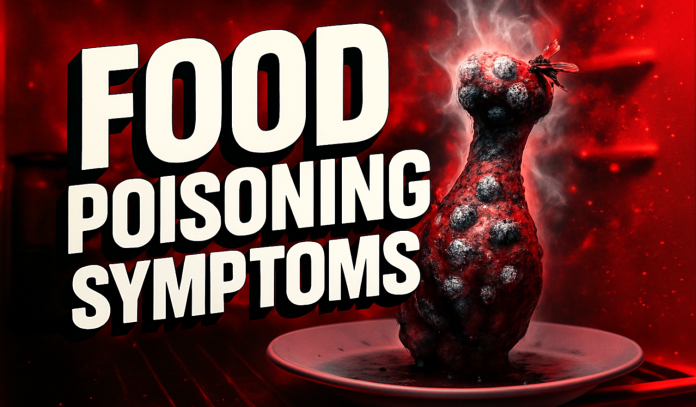Portland, ME – Reports of stomach illness rose across Maine on Black Friday as many residents woke up sick after large Thanksgiving dinners, with health officials pointing to food safety issues involving turkey preparation and improperly stored leftovers.
According to the Maine Center for Disease Control and Prevention, the day after Thanksgiving often brings a seasonal increase in nausea, stomach cramps, diarrhea, and fatigue. While heavy or late-night eating can contribute, experts say undercooked turkey and foods left out too long remain the most common causes of post-holiday illness.
Larger turkeys are especially challenging to cook safely. Deep interior sections—particularly around the thickest areas of the breast and thigh—can remain below the required 165°F even when the outer layers appear done. Many households pull the turkey early to keep it moist, unknowingly increasing the risk of bacteria such as Salmonella and Campylobacter, both frequently linked to poultry.
Food left at room temperature for extended periods can also become unsafe. Thanksgiving potlucks and buffet-style meals often result in dishes staying out for several hours, placing them in the “danger zone” between 40°F and 140°F, where bacteria multiply quickly. Common organisms associated with food left out too long include Staphylococcus aureus and Bacillus cereus, both capable of causing rapid-onset vomiting and stomach discomfort.
Nutritionists recommend careful leftover management, proper reheating, and hydration for those experiencing mild symptoms. Severe vomiting, dehydration, high fever, or symptoms lasting longer than 24 hours should be evaluated by a medical professional.
ADDITIONAL SAFETY TIPS
✓ Check leftovers: Discard anything left out for more than 2 hours.
✓ Reheat properly: Heat all leftovers to 165°F before eating.
✓ Watch for symptoms: Sudden nausea, cramps, or diarrhea may indicate bacterial illness.
✓ Cook turkey fully: Verify temperature at the thickest parts of the bird.
✓ Seek care when needed: High fever, dehydration, or blood in stool warrant medical attention.





